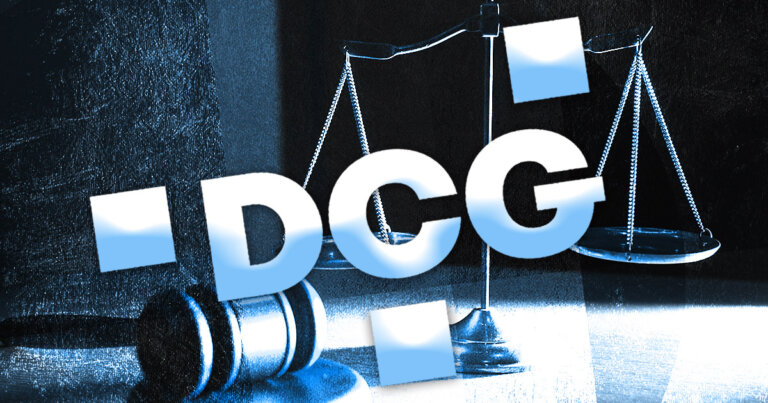 NYAG raises DCG, Genesis lawsuit to $3B amid conflicting settlement reports
NYAG raises DCG, Genesis lawsuit to $3B amid conflicting settlement reports NYAG raises DCG, Genesis lawsuit to $3B amid conflicting settlement reports
Earlier reports suggested that the case was close to a conclusion.

Cover art/illustration via CryptoSlate. Image includes combined content which may include AI-generated content.
The New York Attorney General’s Office (NYAG) raised its fraud claims against Digital Currency Group (DCG) and related parties on Feb. 9.
The NYAG’s lawsuit originally alleged over $1 billion in losses; however, it has been amended to include another $2 billion in losses — bringing the total to $3 billion, allegedly affecting more than 230,000 investors altogether.
New York Attorney General Letitia James said:
“After months of false promises, we pulled the curtain back and revealed that DCG was lying to investors and defrauding them out of billions… The fraud and deceit were so expansive that many additional people have come forward to report similar harm.”
The NYAG said that the amended complaint has been filed against Digital Currency Group, DCG CEO Barry Silbert, DCG subsidiary Genesis Global Capital, and former Genesis CEO Soichiro Moro. The office explicitly stated that the amended complaint is the result of those investors coming forward.
Bloomberg reported earlier Genesis had settled the NYAG lawsuit, seemingly based on bankruptcy filings. One Feb. 8 bankruptcy filing stated that “debtors and NYAG have reached a resolution of the NY Action.”
However, the NYAG’s more recent update does not mention any settlement, and it is unclear whether any supposed agreement would apply to the increased amount.
NYAG lawsuit began in October 2023
The New York Attorney General’s office initially began its lawsuit in October 2023.
The case targeted DCG, Genesis, and its independent partner Gemini over offering an interest-bearing crypto lending service called Gemini Earn. Though Gemini advertised Earn as a low-risk product, the NYAG found that the company’s finances carried significant risk.
The NYAG alleged that Genesis and DCG executives attempted to conceal losses by entering a $1.1 billion promissory note, which promised repayment over a decade between the two companies.
According to the NYAG, the promissory note and the attempt to conceal losses was “part of a scheme to defraud investors and the public.”
The SEC has also taken action against Genesis. This has led to a conditional $21 million settlement, which Genesis will pay if it is able to fully compensate customers as part of its bankruptcy proceedings.



 Farside Investors
Farside Investors 


 CoinGlass
CoinGlass 



































































































